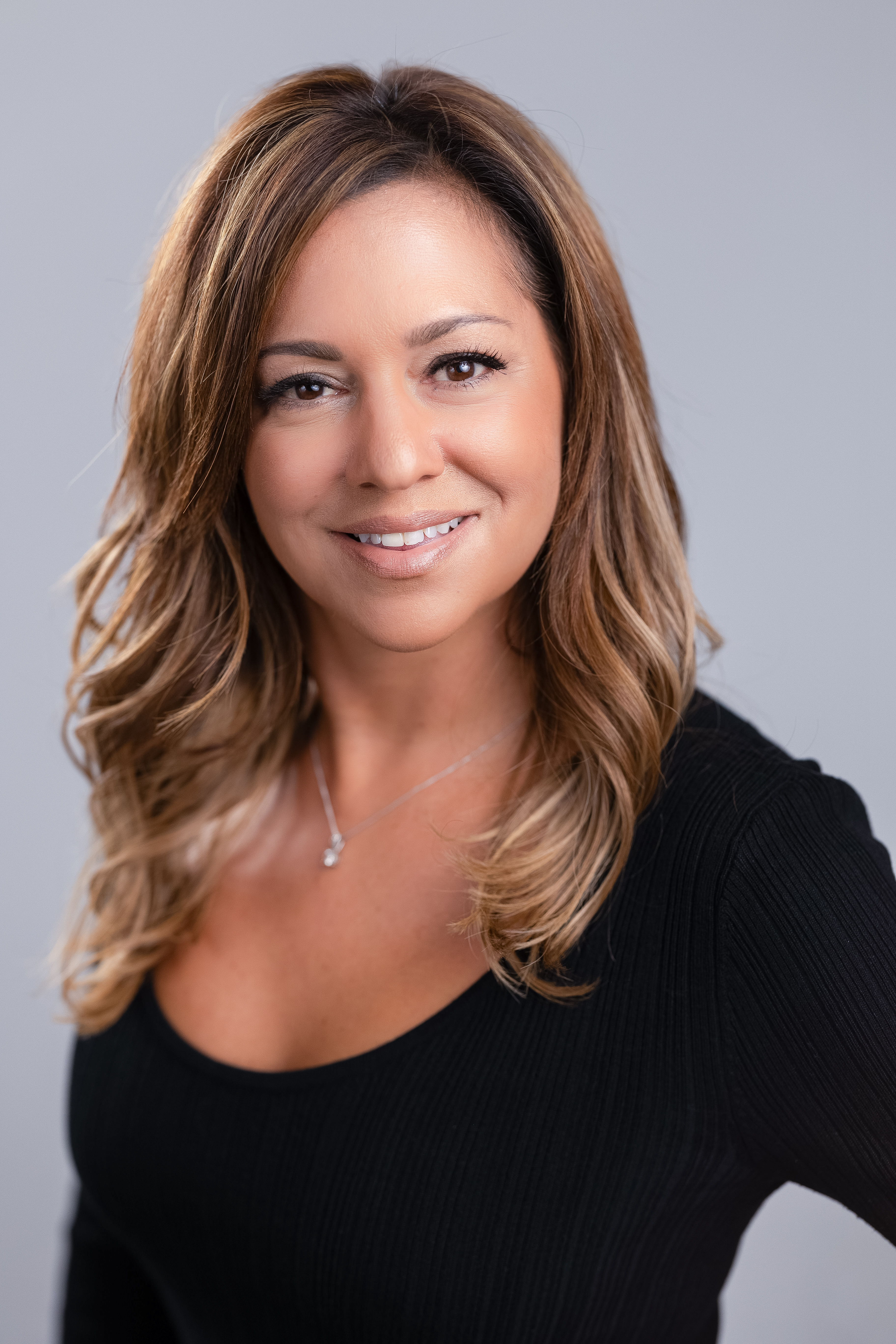Author: Kaya Stanley, Board Chair and CEO, CRMBC
In one of our most recent podcasts, we spoke with Mike Der Manouel, Regional President of Hub International in Central California, about the advantages of alternative insurance solutions, the role of self-insurance groups like CRMBC, and future worker compensation trends. Here, we explore some of the key themes from that interview,
Mike Der Manouel’s career in insurance unexpectedly started at Lloyd’s of London. “It was not by choice, but I was working for my college fraternity in the late 1980s, and we lost our insurance. At the time, we couldn’t get it in the United States, so I was sent to London to find some coverage for 225 locations of a men’s college fraternity—probably the toughest risk in the world at that time.”
This mission hooked him on the insurance business, leading him back to California, where he eventually took over his father’s agency and significantly expanded it before joining Hub International in 2018.
Under Der Manouel’s leadership, Hub International Central California has grown in size and the depth of client relationships. Der Manouel emphasizes the importance of aligning insurance practices with client success, stating, “I’ve always orientated our insurance practice around helping our clients succeed in their industries and businesses.” This client-focused approach has led to substantial growth and the expansion of services tailored to specific industry needs, such as agriculture, hospitality, and construction.
The Advent of Self-Insurance
The shift towards self-insurance was largely precipitated by the collapse of the workers’ compensation market in the early 2000s. Der Manouel recalls, “We were left with a State Fund and almost nobody else,” highlighting the dire circumstances that led to exploring alternative insurance solutions. His agency was pivotal in establishing one of California’s first self-insurance groups in 2004, reshaping how businesses manage risk.
Der Manouel advocates for self-insurance due to its strategic benefits, including long-term cost savings and greater control over insurance processes. He explains, “Self-insurance has played a big role” in providing businesses with a stable and predictable method of financing their risk. This approach particularly appeals to businesses that view insurance as a critical component of their strategic planning.
Educating Clients on Self-Insurance
A key aspect of Der Manouel’s role involves educating clients about the benefits and intricacies of self-insurance. He emphasizes the need for thorough understanding and strategic commitment, asserting, “We have a huge responsibility to explain this thoroughly to everybody.” He stresses that effective education and clear communication are essential for clients to appreciate the full benefits of self-insurance.
Der Manouel elaborates on the appealing aspects of group self-insurance, noting its significant advantages to members: “First and foremost, understand that if they make this move, their workers’ comp insurance costs will not be fully sunk. If they have a great year and their group has a great one, they can get some of that back.”
He emphasizes the unique benefits of group self-insurance, particularly highlighting its flexibility and accountability. Der Manouel notes that group self-insurance offers “unbundled services, ” allowing policyholders to hold claims personnel accountable for their performance. Der Manouel appreciates the ability to select best-in-class partners to deliver services, which is only sometimes possible with first-dollar insurance carriers. “If you’re with a first-dollar insurance carrier and part of their operations is not doing a good job, you’re stuck with it,” he explains. In contrast, group self-insurance provides the flexibility to choose providers and make changes as needed, enhancing overall service quality.
Additionally, Der Manouel discusses the importance of community and shared responsibility in self-insurance groups. He believes that the success of these groups relies heavily on all members adopting best practices in risk management. “You’re joining a group of people with the same mindset,” he states, pointing out the collaborative nature of these groups. This cooperation among members helps to minimize risks and enhance safety protocols, fostering a supportive network that shares effective strategies and best practices. This collective approach not only manages risks but also boosts the resilience and effectiveness of insurance coverage.
Commitment to Long-Term Strategy
According to Der Manouel, self-insurance should be considered a long-term strategic decision. He advises against treating it as a short-term solution, suggesting, “We’re talking about a three—to five-year strategic decision.” This long-term perspective helps stabilize insurance costs and improves overall risk management practices.
As he looks to the future, Der Manouel is optimistic about the continuing role of self-insurance in providing reliable and cost-effective risk management solutions. He concludes confidently with the stability and budget predictability of self-insurance, especially in volatile markets, stating, “Self-insurance has become the most predictable, most budgetable way of doing workers’ comp in California.”

Kaya Stanley is an attorney, published author, business owner, and highly sought-after strategic turnaround expert. Ms. Stanley serves as CEO and Chairman of the Board for CRMBC, the largest restaurant workers’ compensation self-insured group in California, and she is the Licensee for TEDxReno, an independently organized TEDx Event.
Throughout her 22 years of practicing law, Ms. Stanley has served as outside counsel for Wal-Mart and Home Depot. She was voted one of the country’s “Top 25 OZ Attorneys” by Opportunity Zone Magazine and published a best-selling book called “The Employer’s Guide to Obamacare.” Before that, she earned her master’s degree in social work and public policy, after which she worked with at-risk girls in Detroit and lobbied for women and families.



